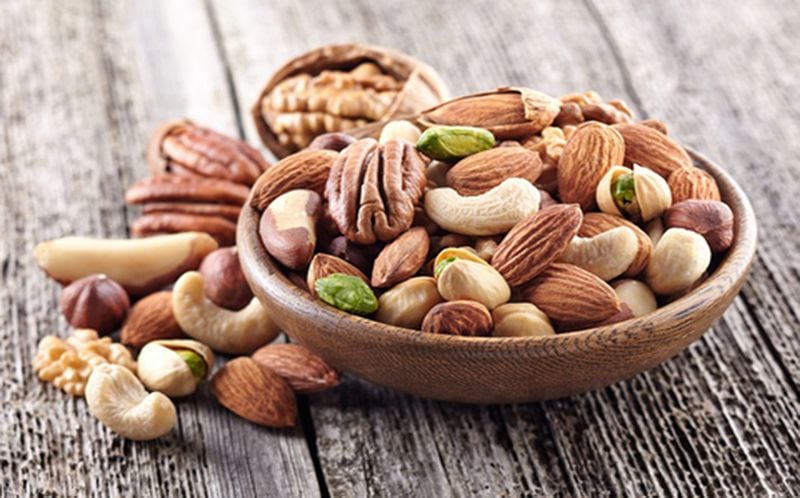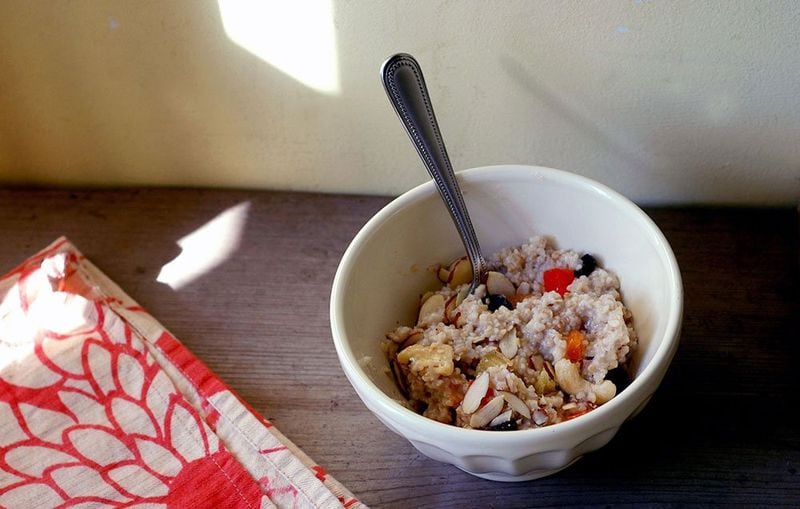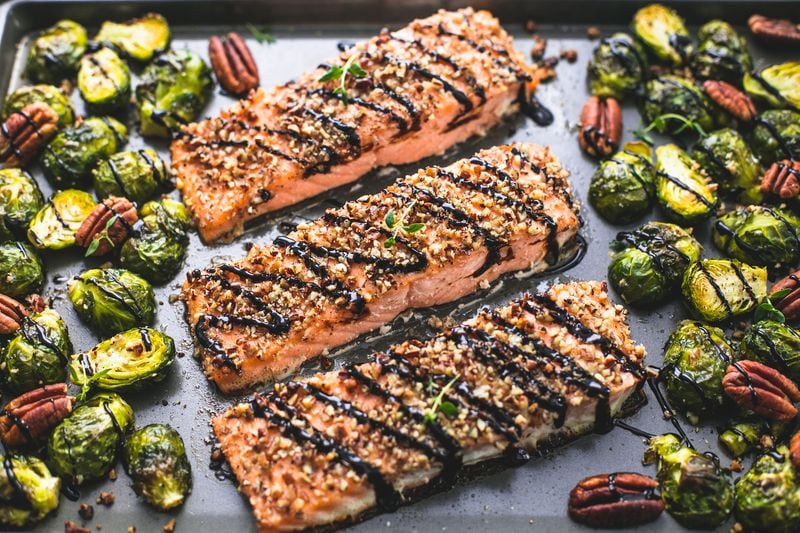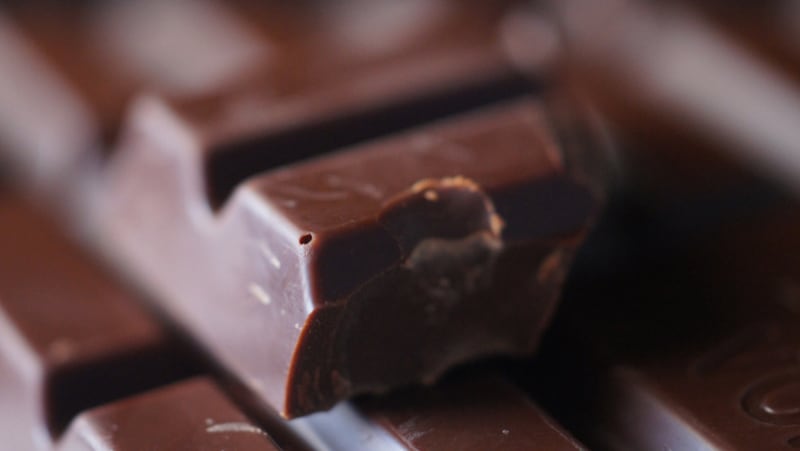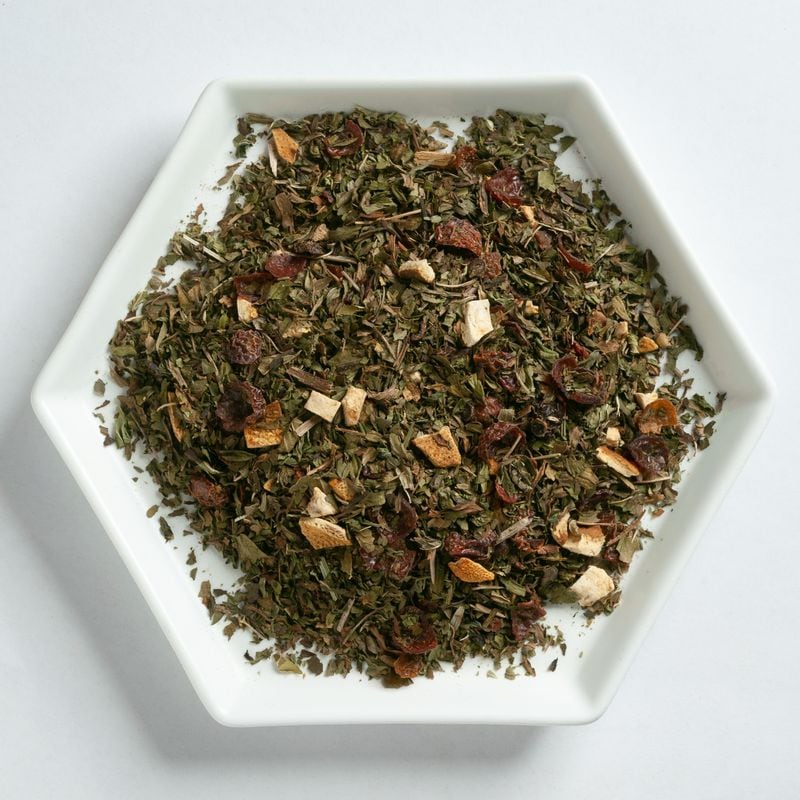Nursing can be an unsung and thankless profession at times. Nurses can deal with long hours, verbally abusive doctors and patients, unruly families, not enough staff coupled with too many patients, endless paperwork, no breaks, low pay, and not enough time to go to the bathroom much less eat.
» RELATED: How friendships between nurses can help reduce stress
It is truly a labor of love. For now, let's concentrate on the last factor: eating. With little time to relax, much less have a meal, many nurses have a tendency to fall into some bad eating habits. This can include what's fast and available, junk food, sugar-filled snacks, too much caffeine, and unhealthy energy drinks. Nurses are the lifeblood of every hospital but in order for that blood to be healthy, they need to eat healthily.
» RELATED: Georgia among most stressed states in the country
Here are a few on-the-go foods nurses can eat to stay healthy, energized and help reduce stress.
Nuts
Credit: Dreamstime/TNS
Credit: Dreamstime/TNS
The human brain reacts in various ways to elevated stress levels. One of those is depleting our stores of vitamin B. According to Ellen Albertson, Ph.D., R.D., a psychologist in Burlington, Vermont, and founder of smashyourscale.com, "B vitamins keep our neurotransmitters in their happy place and help us handle the fight-or-flight stress response." Potassium levels are another concern that can be eliminated with a handful of pistachios. According to a study performed at Penn State, just a few servings of them can help to alleviate low blood pressure and ease the strain that stress puts on our hearts.
» RELATED: Study: Stress may be linked to memory loss, brain shrinkage
Oatmeal
Yes, we've all heard by now that carbs are the enemy. However, that isn't always the case. While you shouldn't gorge yourself on doughnuts, there are healthy carbs out there. In fact, according to research done at MIT complex carbs can actually help your brain make serotonin. And since oatmeal isn't high in sugar, it won't raise your blood sugar, which is another side effect of stress. Just make sure to stick to low sugar complex carbs like oatmeal. So put down those Krispy Kremes and pick up some Quaker Oats!
» RELATED: What is stress and how to overcome it
Fatty Fish
On the occasion that you do get to actually sit down for a meal, stay away from the burgers and fries and instead choose salmon, mackerel, trout, sardines or herring. These fishy friends are packed with omega-3 which has been shown to help with mental health and cognitive function. It is recommended that you have fatty fish twice a week for optimal effect. Another added benefit is that salmon and sardines contain vitamin D, which our skin usually gets from exposure to the sun -- that's hard to get when you work 12-hour shifts.
Dark Chocolate
Yes, chocolate is on the list, but don't go out and stockpile candy! A few bites of dark chocolate can help balance stress levels. "The antioxidants in cocoa trigger the walls of your blood vessels to relax, lowering blood pressure and improving circulation. And finally, dark chocolate contains unique natural substances that create a sense of euphoria similar to the feeling of being in love!" according to Cynthia Sass, R.D., who has a master's in public health and is Health's contributing nutrition editor. For optimal performance, you want blends with at least 70 percent cocoa. You can have up to 1.4 ounces per day, but since chocolate is high in calories, you may want to watch your portions and be careful as you assimilate it into your daily diet.
Tea
While it is true that caffeine can amplify the stress response in most people (sorry, coffee drinkers!), decaf and herbal teas can be beneficial. A study conducted at University College London (which used caffeinated black tea) showed lowered cortisol levels in tea drinkers versus those given a placebo. The tea group also appeared to recover more quickly from stresses. Chamomile tea, in particular, has been shown to reduce anxiety as well as contain antioxidants, anti-inflammatory properties and relaxants. If chamomile isn't your, um, particular "cup of tea," you may want to try other herbal teas such as peppermint, ginger and green tea.
About the Author
